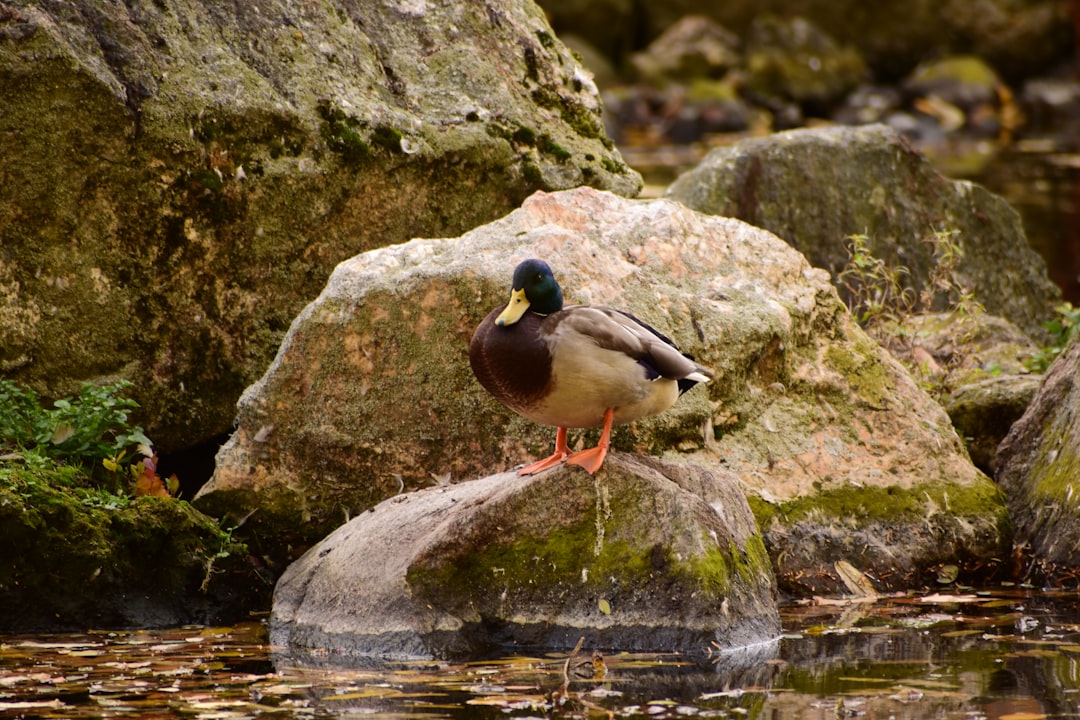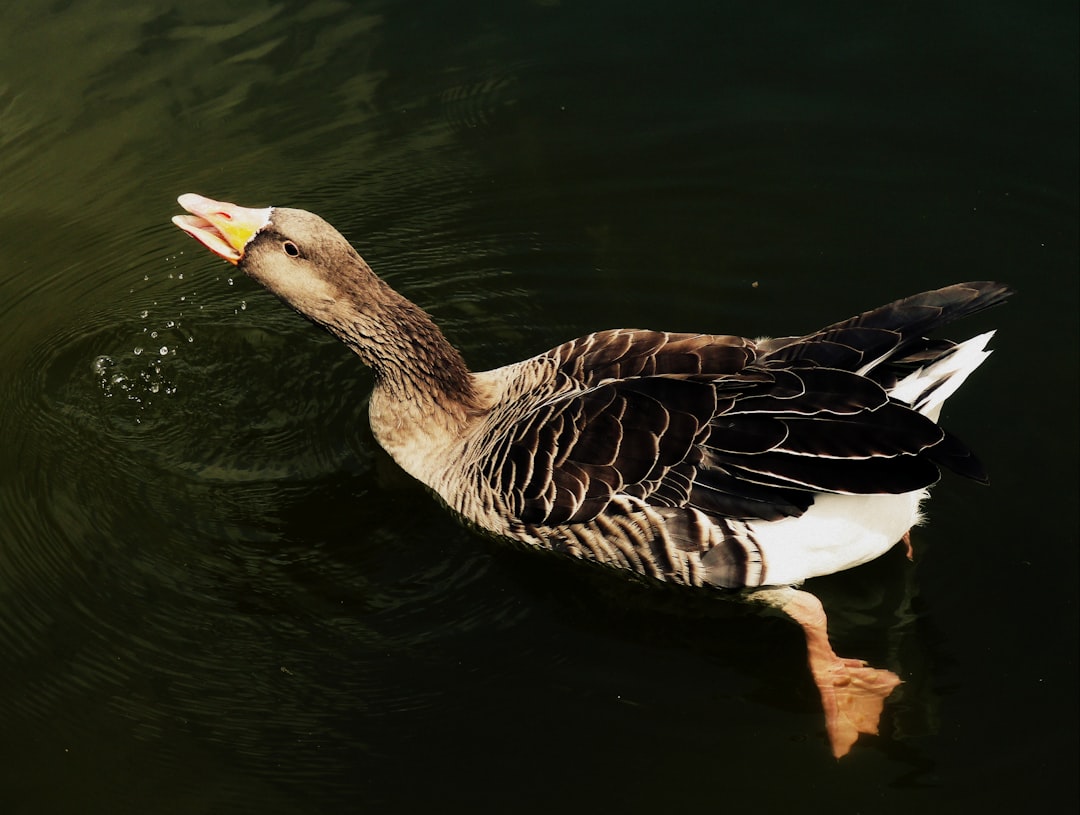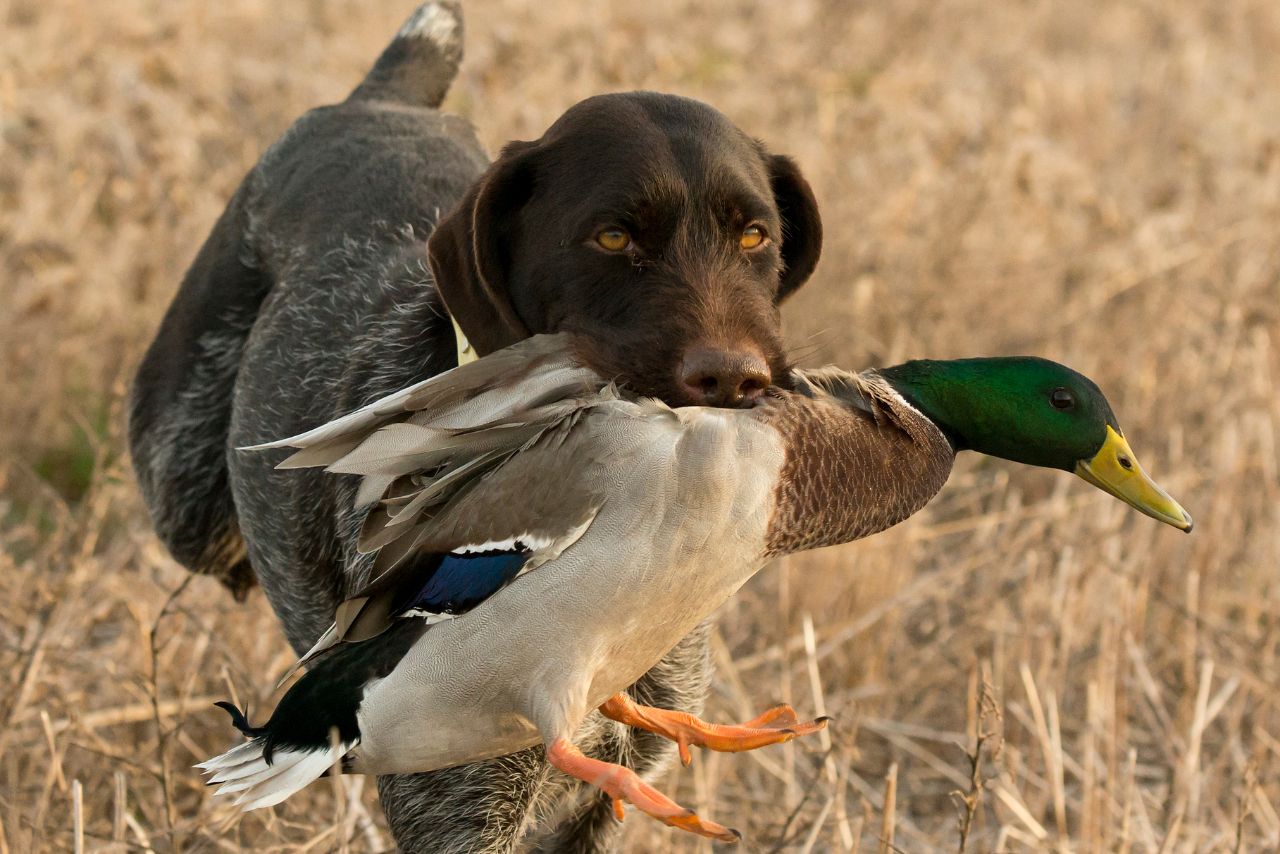How To Tell What Killed My Duck? To determine the cause of death of a duck, there are several factors to consider.
The first step is to examine the bird’s body for any visible signs of injury or illness such as wounds, bleeding, or swelling. signs of trauma, Missing body parts, environmental factors.
Consultation with a veterinarian or wildlife expert may be necessary to further diagnose the cause of death. It is important to properly dispose of the bird’s remains to prevent the spread of disease to other animals.
Determining the cause of death of a duck is an important step in maintaining the health and safety of other animals in the surrounding environment.
It is crucial to identify any potential hazards that may have caused the duck’s death, such as predators, toxins, or disease.
In this article, we will explore the various factors to consider when trying to determine what killed a duck and provide helpful tips for preventing the spread of disease to other animals.
How To Tell What Killed My Duck?
There are a few things you can look for to help you determine what killed your duck.
- Signs of trauma: If your duck was killed by a predator, there may be signs of trauma on the body, such as bite marks, claw marks, or broken bones.
- Missing body parts: If your duck was killed by a predator, it is possible that the predator may have taken some of the body parts, such as the head, neck, or wings.
- Body position: The body position of your duck can also give you clues about what happened. If the duck is found in a defensive position, it may have been killed by a predator. If the duck is found in a relaxed position, it may have died from natural causes.
- Environmental factors: If your duck was found in an area with known predators, such as a pond or lake, it is more likely that it was killed by a predator. If your duck was found in an area with no known predators, it is more likely that it died from natural causes.
If you are still unsure what killed your duck, you can take the body to a veterinarian or wildlife rehabilitator for further examination. They will be able to look for more subtle signs of trauma or disease that you may not be able to see.
Observe The Duck’s Body
Examining the duck’s body can reveal important clues about the cause of death. Look for signs of injury, such as puncture wounds or broken bones. Also, check for any abnormal swelling or discoloration.
If you suspect disease was the cause of death, consider sending a sample to a laboratory for testing. This can help identify any infectious agents that may be present and prevent further spread.
1. Look For Physical Injuries Or Wounds
Physical injuries or wounds can be a clear indicator of what killed your duck. Predators such as foxes, raccoons, and coyotes are often the culprits behind attacks on ducks.
If you find bite marks or scratches on the body, it is likely that a predator was involved. In cases where there are no visible signs of injury, diseases such as Avian Influenza or Botulism could be responsible for the death.
2. Check The Eyes, Nostrils, And Mouth
Checking the eyes, nostrils, and mouth is also important in determining the cause of death. If the eyes are cloudy or swollen, it could be a sign of a respiratory infection or Avian Influenza.
If the nostrils are clogged with mucus or there is discharge from the mouth, it may indicate a respiratory infection or Botulism.
3. Examine The Feathers And Skin
Examine the feathers and skin for any signs of damage or irritation. If there are feather loss, ruffled feathers, or bare patches of skin, it may be a sign of mites or lice infestation.
These parasites can cause stress on the bird’s immune system, making them more susceptible to disease or infection. Regularly checking for pests and parasites can help prevent potential health issues in your duck flock.
Consider The Duck’s Behavior Before Death

Consider the duck’s behavior before death to identify any potential hazards that may have contributed to its demise.
Was the bird showing signs of distress or abnormal behavior? Were there any changes in its environment, such as exposure to toxins or hazardous materials?
Was The Duck Eating And Drinking Normally?
It is also important to note if the duck was eating and drinking normally before its death. Dehydration or malnutrition could have contributed to its demise.
Make sure your ducks have access to clean water and a balanced diet with appropriate nutrients to prevent any potential health issues related to their diet.
Did It Show Any Signs Of Illness Or Distress?
Considering if the duck showed any signs of illness or distress is also essential in determining the cause of death.
Signs such as lethargy, loss of appetite, weakness, and difficulty breathing could indicate an underlying health issue.
It is important to monitor your duck’s behavior regularly and seek professional advice if you notice any unusual symptoms. Early detection can help prevent the spread of disease to other animals in your flock.
Did It Seem Lethargic Or Weak?
If the duck seemed lethargic or weak before its death, it could be a sign of an underlying health issue or disease.
In some cases, ducks can also become stressed due to changes in their environment or social dynamics within the flock.
Rule Out Common Causes Of Death
It is important to rule out common causes of death such as predators or accidents. Check the area where the duck was found for signs of struggle or trauma. If there are bite marks or scratches, it could indicate an attack by a predator.
If there are no signs of predation or trauma, it is possible that the duck may have died from natural causes such as old age.
1. Predators
In case of predators, it is important to identify the type of predator involved in the attack. This can help prevent future attacks and protect your duck flock. Common predators include raccoons, foxes, and coyotes.
Make sure to secure the area where your ducks live with fences or nettings to keep them safe from potential predators.
2. Disease
Disease can also be a common cause of death in ducks. It is important to keep your flock healthy by providing appropriate nutrition, clean water, and a safe living environment.
Regular checkups with a veterinarian can help detect any potential health issues before they become serious.
3.Poisoning

Another potential cause of death to consider is poisoning. Ducks can accidentally ingest toxic substances such as pesticides, chemicals, or plants that are harmful to their health.
Make sure to keep any hazardous materials out of reach and avoid using pesticides or chemicals in areas where your ducks have access.
4. Accidents
Accidents can also be a possible cause of death for ducks. Ducks can accidentally drown in water sources such as ponds or pools, get trapped in fences or other structures, or even suffer from heatstroke during hot weather.
Make sure to provide shaded areas and access to clean water during hot weather, and secure any potential hazards such as open bodies of water.
5. Assessing Environmental Factors
Assessing environmental factors can also help determine the cause of death for your duck. Temperature, humidity, and ventilation levels can all affect the health and wellbeing of your flock.
Make sure to provide adequate ventilation in their living space, especially during hot or humid weather.
Get A Necropsy (Animal Autopsy)
If you are unable to determine the cause of death through observation or ruling out common causes, it may be necessary to get a necropsy (animal autopsy) performed.
A necropsy can provide valuable information about the cause of death and help identify any potential health concerns within your flock.
Contact a veterinarian or animal diagnostic laboratory for more information on how to proceed with a necropsy.
1. Find A Veterinarian Or Lab That Can Perform A Necropsy
If you suspect that your duck has died from a disease or unknown cause, it is best to find a veterinarian or lab that can perform a necropsy. This will help you understand the cause of death and any potential health risks to your flock.
2. Collect The Duck’s Body And Bring It To The Veterinarian Or Lab
If you decide to get a necropsy done, it is important to collect the duck’s body as soon as possible and bring it to the veterinarian or lab. Keep the body refrigerated but not frozen before bringing it in.
The veterinarian or lab will perform a thorough examination of the duck’s body, including its organs, tissues, and fluids. They may also conduct tests for toxins, bacteria, viruses, or other potential causes of death.
After the necropsy is completed, they will provide you with a report detailing their findings.
By getting a necropsy done, you can gain valuable insights into the health and wellbeing of your flock and take any necessary steps to prevent similar incidents from happening in the future.
3. Wait For The Results
Once you have submitted the duck’s body for a necropsy, it is important to wait for the results.
The veterinarian or lab will provide you with a report detailing their findings, including the cause of death and any potential health concerns within your flock.
Use this information to take preventive measures and protect the remaining ducks in your flock from suffering the same fate.
Can Ducks Die From Stress Or Anxiety?

Yes, stress and anxiety can also contribute to the death of ducks.
Loud noises, overcrowding, and sudden changes in their environment can all cause stress in ducks, leading to a weakened immune system and increased susceptibility to illness.
How Do You Save A Duck?
If you notice that your duck is in distress or injured, it is important to act quickly to save its life. First, isolate the bird from the rest of the flock and provide it with a warm and quiet place to rest.
Then, carefully examine the bird for any injuries such as cuts or broken bones. If there are any visible injuries, clean them with saline solution and cover them with a sterile dressing.
If the bird is not breathing or has stopped breathing, perform CPR by gently compressing its chest and beak while blowing air into its nostrils.
What To Do When A Duck Dies?
If your duck has already died, it is important to dispose of the body properly to prevent the spread of disease and protect other animals in the area. Do not bury the body as scavengers may dig it up and spread disease.
Instead, you can either burn the body or place it in a sealed plastic bag and dispose of it in the trash.
If you suspect that your duck died from a disease, make sure to clean and disinfect any equipment or surfaces that may have come into contact with the bird.
Conclusion: How To Tell What Killed My Duck?
Identifying the cause of death of your duck is crucial for protecting the health and wellbeing of your flock.
If you suspect that your duck has died from a disease or unknown cause, it is best to get a necropsy performed by a veterinarian or animal diagnostic laboratory.
This will help you understand the cause of death and take preventive measures to protect other ducks in your flock.
Promoting a low-stress environment for your ducks can help ensure their long-term health and wellbeing. Lastly, proper disposal of the body is important to prevent the spread of disease and protect other animals in the area.
By following these guidelines, you can keep your flock healthy and happy for years to come.
FAQs
How Can I Tell if My Duck Died from A Disease?
A necropsy performed by a veterinarian or animal diagnostic laboratory can help determine if your duck died from a disease.
Can Stress or Anxiety Cause a Duck’s Death?
Yes, stress and anxiety can weaken a duck’s immune system and increase its susceptibility to illness, potentially leading to death.
What Should I Do if I Find My Duck Dead?
Properly dispose of the body to prevent the spread of disease and protect other animals in the area.
How Can I Prevent My Ducks from Dying?
Providing a low-stress environment, enough space, proper nutrition, and access to clean water can help prevent illness and death in ducks.
What Should I Do if I Suspect My Duck Has an Illness?
Isolate the bird from the rest of the flock, monitor its symptoms, and seek veterinary care if necessary.




